Postgraduate study
Advance your career with postgraduate study at the University of Waikato. Discover the diverse subject options available.

Elevate your career with postgraduate study at the University of Waikato
Looking to take your career to the next level? Explore our diverse range of postgraduate study programmes at the University of Waikato. From technology and business to health and education, we offer master's degrees, postgraduate diplomas and PhD's designed to equip you with the skills and knowledge you need to succeed.
Whether you're passionate about making a difference in your community or pursuing a high-earning career, we have a programme that's right for you.

PhD and Doctoral
Explore higher research degrees at University of Waikato and discover information about doctoral (PhD, EdD, DHSc, SJD, DMA) and Master of Philosophy programmes. Get guidance on your doctoral journey and thesis preparation.
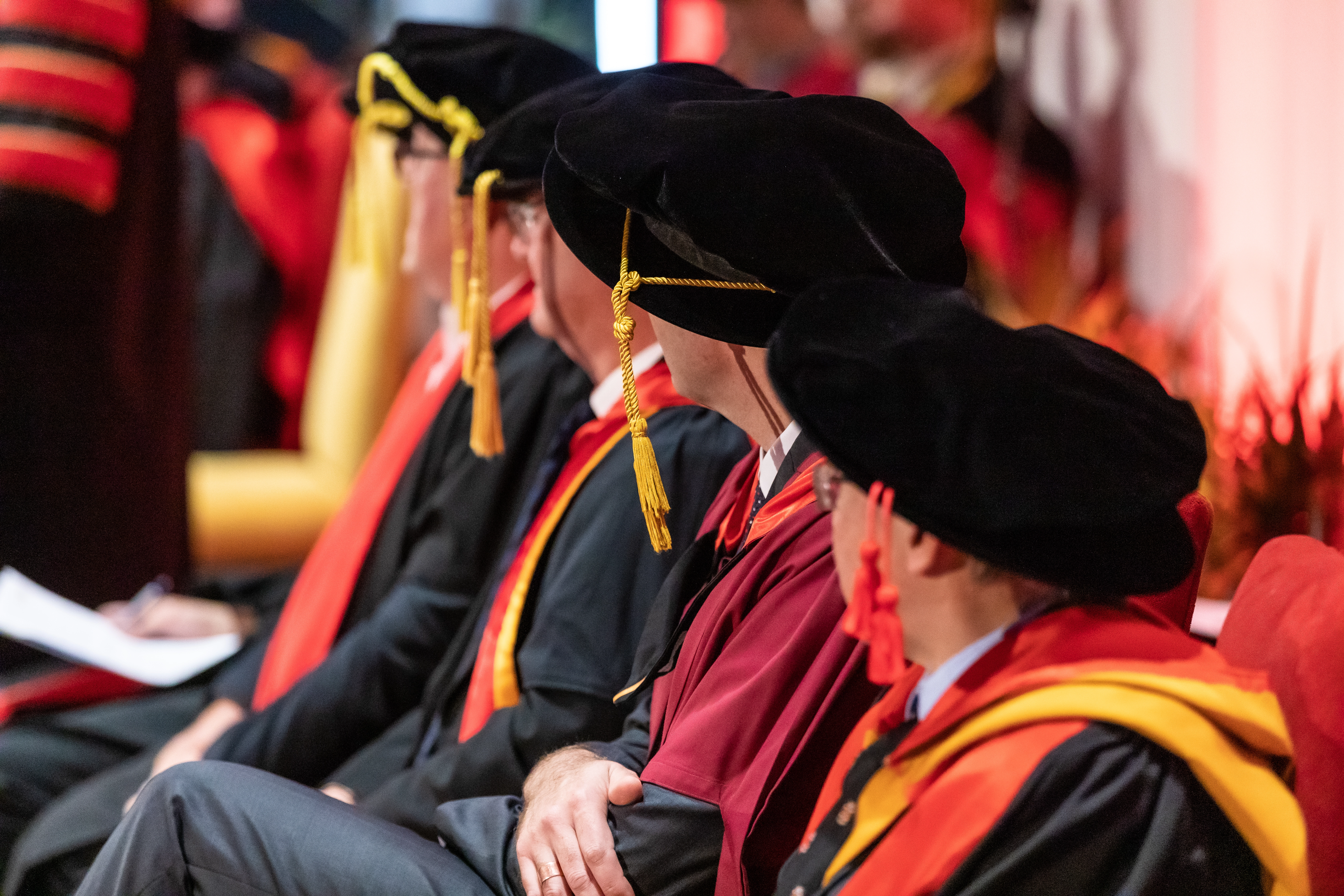
Find a PhD opportunity
We have a wide range of PhD research opportunities with new vacancies are added regularly. If the vacancies don't match your interests, you can develop your own topic to explore in a research degree. Explore our PhD opportunities today.

Arts and Social Sciences
Advance your career with University of Waikato's postgraduate Arts and Social Sciences programmes. Our master's degrees and diplomas deliver specialised knowledge and skills to help you excel in your field.

Business and Management
Elevate your business and management skills with our postgraduate qualifications. Gain expertise in areas like accounting, marketing, and innovation. Prepare for leadership roles across government, corporate, and not-for-profit sectors.

Design
Take your creative expertise to the next level. Deepen your knowledge of advanced design theory, technology, and original research while specialising in your chosen area and preparing for the next stage of your career.
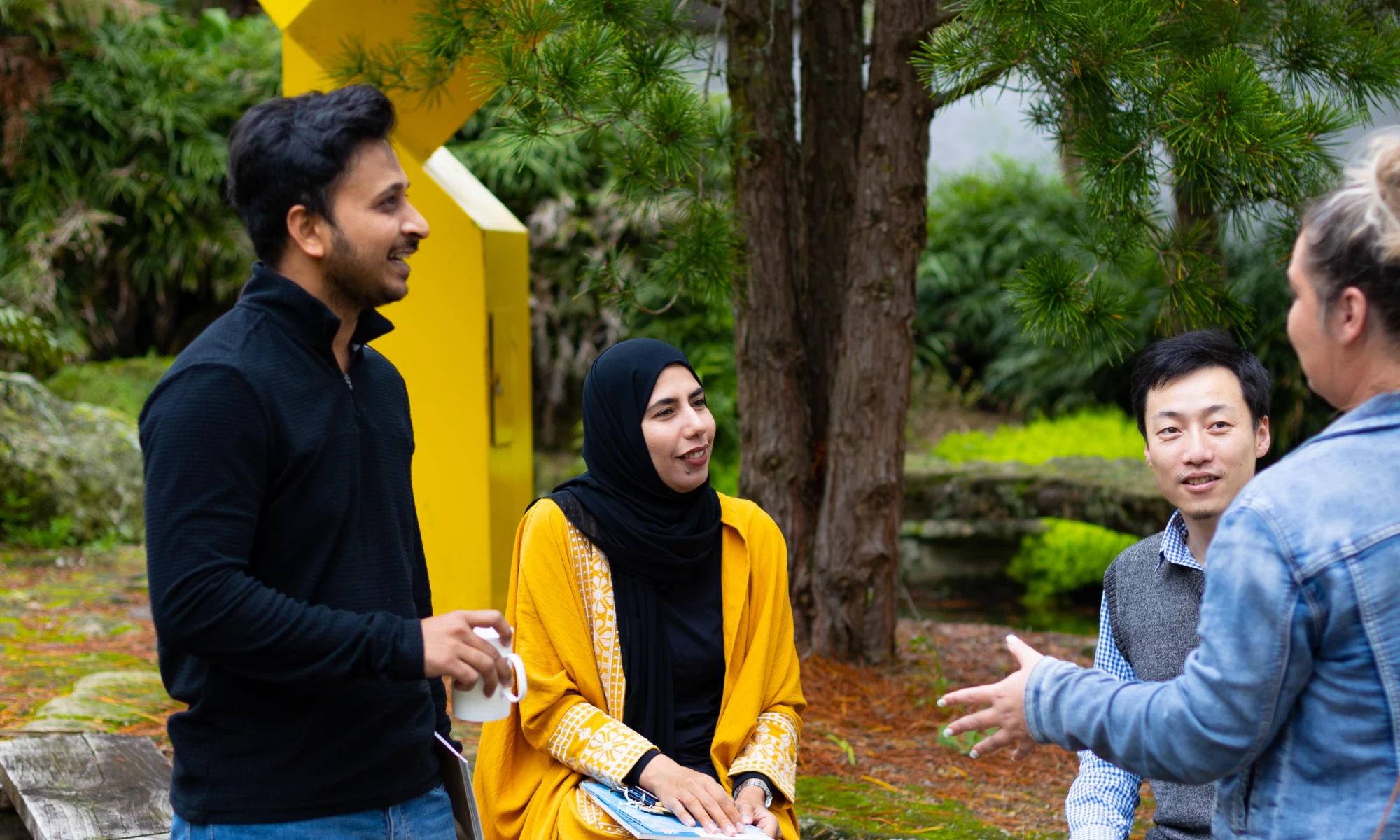
Education
Shape the future of education with our postgraduate programmes, including specialised teacher training and English language teaching, to make a lasting impact.

Health
Advance your healthcare career with our graduate-entry and postgraduate programmes, offering specialised training in health science, nursing, midwifery, and pharmacy practice—equipping you with the expertise to lead and excel.

Law
Enhance your legal expertise with our postgraduate degrees in Law. Our programmes offer rigorous training in legal theory and practice, preparing you for a successful career in law and the legal sector.

Psychology
Our postgraduate study programmes in Psychology offer a deep dive into the human mind and behaviour. Whether you're interested in clinical psychology, research, or applied psychology, our programmes equip you with the skills to make a meaningful impact.
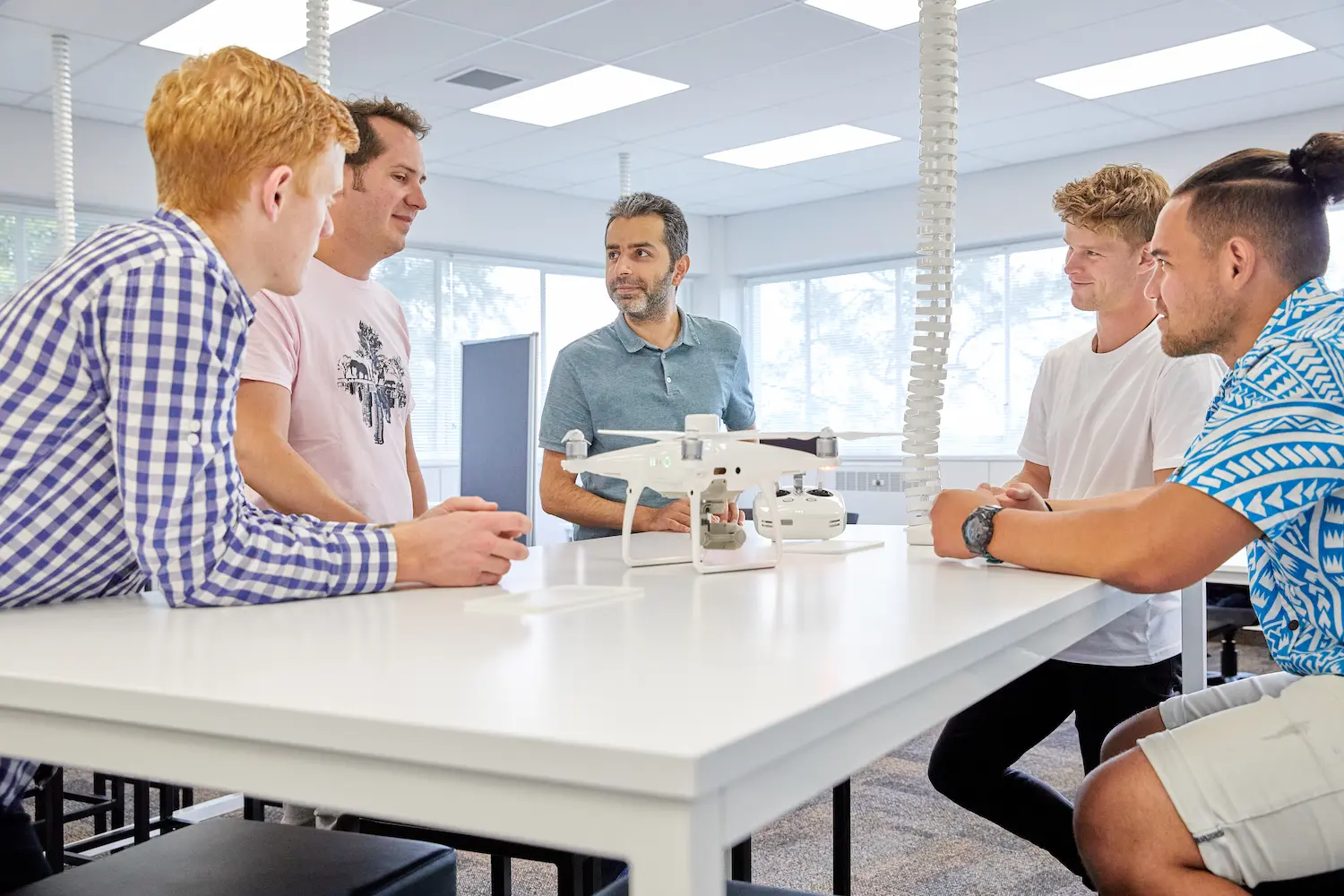
Science, Engineering, and Computing & Mathematical Sciences
Advance your future with a postgraduate degree in Science, Engineering, or Computing & Mathematical Sciences—gain cutting-edge skills, drive innovation, and open doors to global career opportunities. Shape the world with your expertise.

Master's Degrees
Explore taught and research Master's degrees at Waikato. Compare structure, assessment, and career outcomes to choose the best path for your future.

Diploma in Postgraduate Preparation – Pre-Masters
Designed for International students, successful completion of this diploma provides direct entry to a range of postgraduate degree programmes.

Executive Education
Learn to lead with confidence and make connections that matter through our broad range of executive education and corporate development programmes.
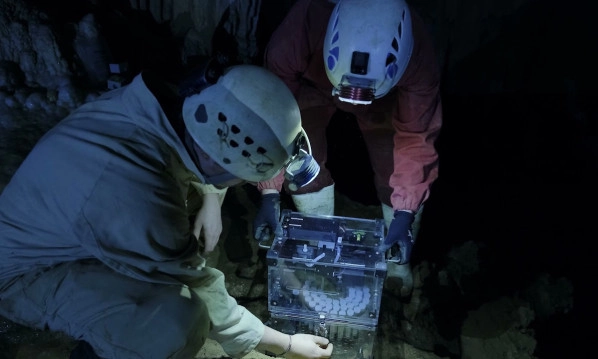
Research at Waikato
Join our research community. Discover our latest projects, achievements, and learn how to make an impact with research at Waikato.
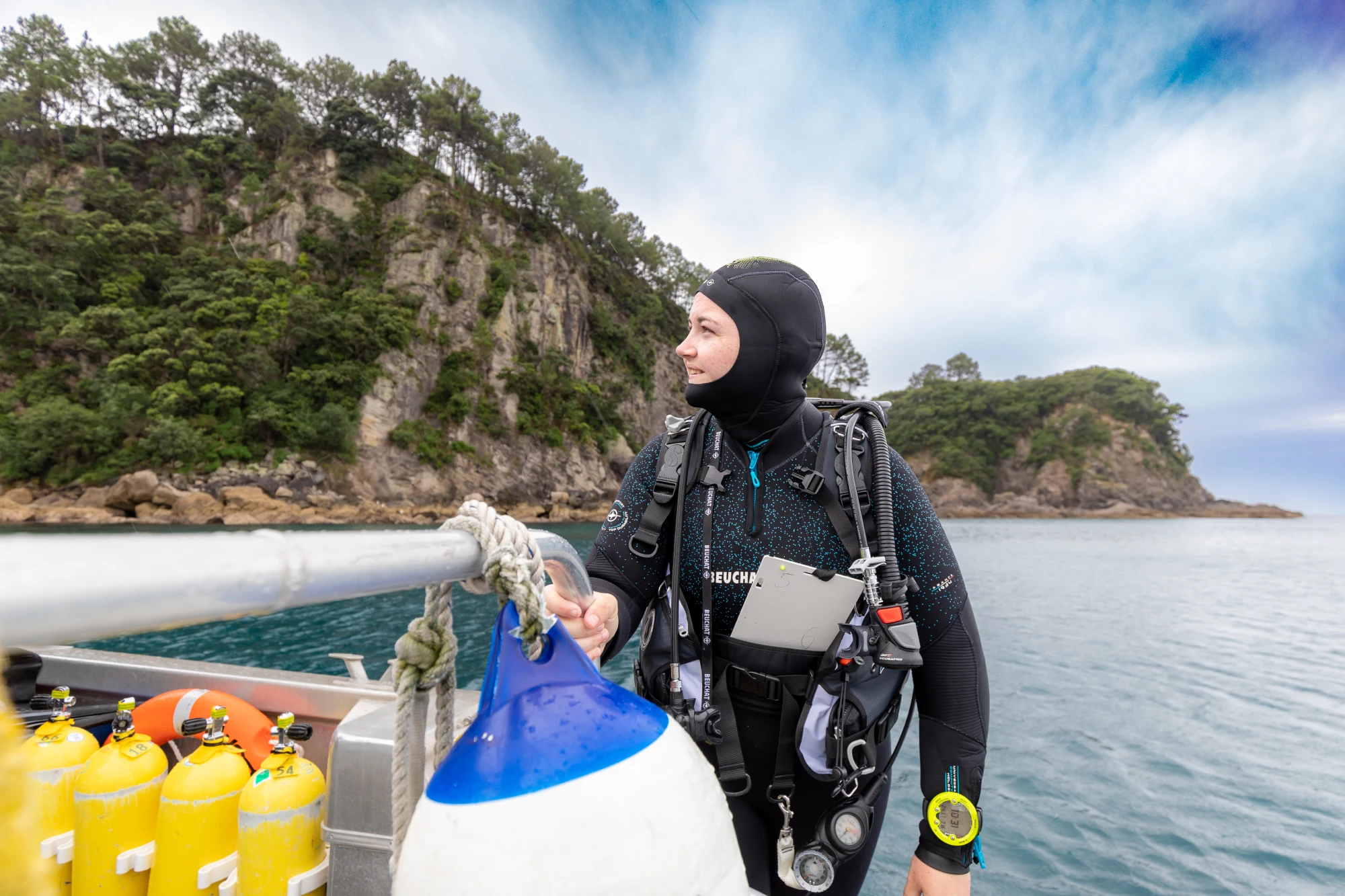
Postgraduate researcher development programme
The University of Waikato offers a wide range of training opportunities to support you on your journey as a research scholar. Find out about events available for early, mid and late-stage researchers, or take a look at what's coming up.
What our postgraduate students are saying

Postgraduate Students' Association
The PGSA exists to represent all postgraduate interests at the University of Waikato. We work towards improving conditions at the university so that your postgraduate experience is positive and rewarding.